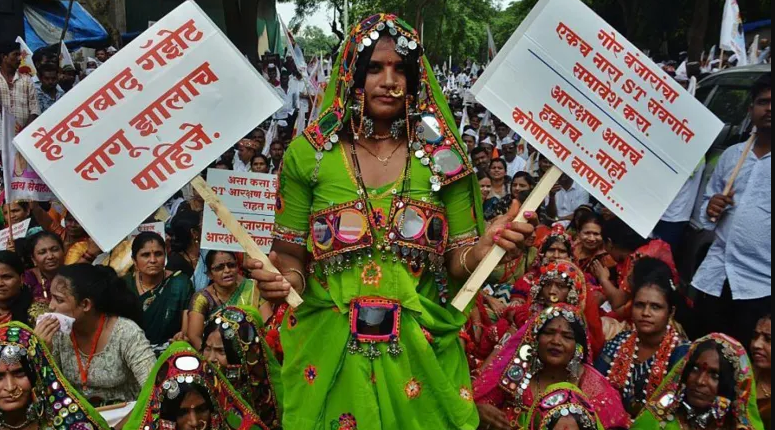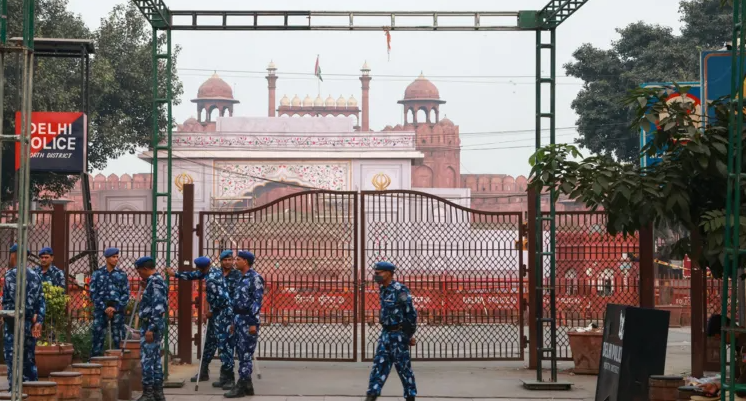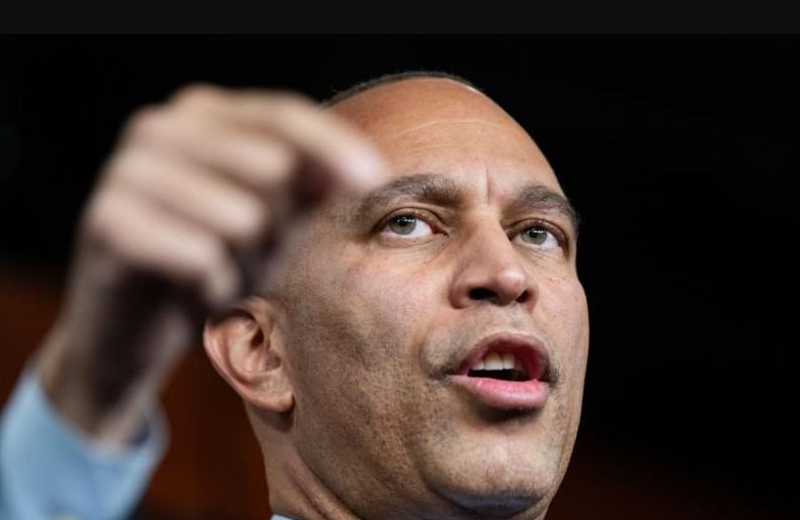The question of whether India should conduct a caste-based census has reignited a heated national debate, reflecting deep-seated social, political, and economic concerns. Proponents argue that counting castes is crucial for addressing historical inequalities, while opponents caution against potential social fragmentation and political manipulation.
Arguments in Favor
Supporters say a caste census would provide reliable data to guide affirmative action policies, ensuring that Scheduled Castes, Scheduled Tribes, and Other Backward Classes receive appropriate benefits.
“Without accurate data, we cannot fairly allocate resources or evaluate the impact of reservation policies,” said Dr. Priya Nair, a sociologist at Delhi University. “It is a matter of social justice and equality.”
Caste-based data could also help policymakers design targeted welfare programs, education initiatives, and employment schemes, potentially reducing entrenched socio-economic disparities.
Arguments Against
Critics argue that caste counting risks entrenching divisions and could be exploited for political gains, especially during elections. They also warn of administrative challenges, noting that India’s caste system is complex, with thousands of sub-castes and regional variations.
“A caste census may inadvertently deepen social cleavages rather than reduce them,” said political analyst Raghav Menon. “It could also lead to contestations over identity and representation.”
Some opponents advocate focusing on economic criteria for welfare distribution instead of caste, emphasizing poverty alleviation as a more inclusive approach.
Historical Context
India last attempted a comprehensive caste survey in 1931 under British rule, and subsequent censuses avoided detailed caste enumeration. However, social movements and political parties continue to press for updated data to inform policy and representation.
The Way Forward
The government faces a delicate balancing act: gathering accurate data for policy-making while managing concerns over social cohesion and political misuse. Experts suggest that a scientifically designed survey with safeguards could provide insights without inflaming social tensions.
“The challenge is to collect meaningful data responsibly,” said Dr. Nair. “It’s about empowering citizens, not dividing them.”
As India debates its next census strategy, the discussion underscores broader questions about identity, equality, and social justice in a diverse and rapidly evolving society.


